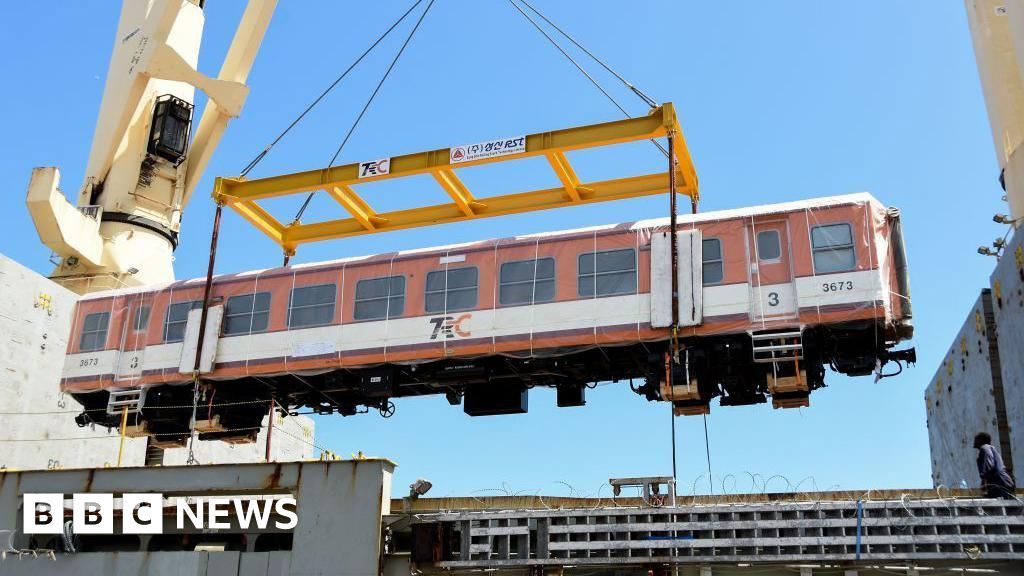New Delhi:
The Air Quality Index in Pakistan's Lahore stood at 1,900 on Sunday, its highest ever, prompting the country to write a letter to the Indian government to open a dialogue on the issue.
Even as the AQI in the city of 14 million people stood at least six times more than the limit defined by the World Health Organisation, the government imposed emergency measures like closing schools and issuing work-from-home mandates.
The level of deadly PM2.5 pollutants -- fine particulate matter in the air that causes the most damage to health -- peaked at 610 -- more than 40 times the limit of 15 in a 24-hour period considered healthy by the WHO.
Citizens have been urged to stay indoors, keep doors and windows shut, and avoid unnecessary travel, while smog counters have been set up at hospitals, Senior Minister of Punjab Marriyum Aurangzeb said. The government has also imposed a ban on three-wheelers known as rickshaws and halted construction in certain areas to reduce the pollution levels.
Pakistan said the situation has arisen due to winds carrying pollution from neighbouring India. Secretary for Environment and Climate Change Raja Jahangir Anwar told CNN, "We need climate diplomacy, as a regional and global issue."
"We are suffering in Lahore in a way due to the eastern wind corridor coming from India. We are not blaming anyone, it's a natural phenomenon," he said.
Like in northern India, pollution spikes during the winters in Pakistan, leading to health complications among residents, including breathing difficulties, coughing and burning eyes. Smog is particularly pronounced in winter, when cold, denser air traps emissions from poor-quality fuels used to power the city's vehicles and factories at ground level.
Meanwhile the AQI in Delhi stood at 276 on Monday afternoon.
AQI as high as 151-200 is considered unhealthy, while an AQI rating between 201 to 300 is more harmful and AQI over 300 has been extremely hazardous.
Pollution in excess of levels deemed safe by the WHO shortens the life expectancy of Lahore residents by an average of 7.5 years, according to the University of Chicago's Energy Policy Institute.
According to UNICEF, nearly 600 million children in South Asia are exposed to high levels of air pollution and half of childhood pneumonia deaths are associated with air pollution.

 2 weeks ago
9
2 weeks ago
9









 English (US) ·
English (US) ·